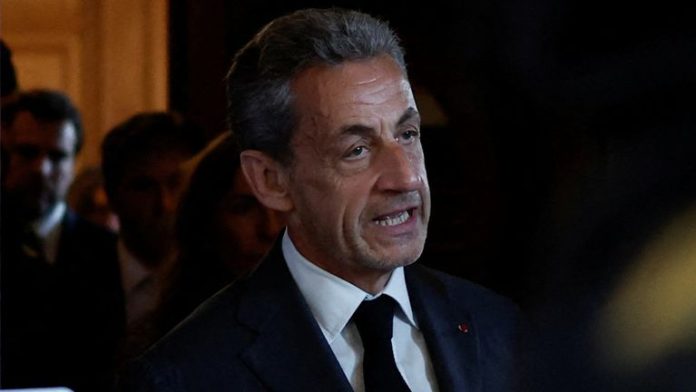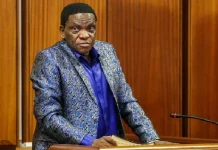France’s highest appeals court upheld a corruption and influence-peddling conviction against former President Nicolas Sarkozy on Wednesday, mandating that he wear an electronic tag for one year.
This marks the first instance of a former French head of state receiving such a penalty.
Sarkozy was previously convicted of attempting to illegally secure favors from a judge. Following the Court of Cassation’s decision, his lawyer, Patrice Spinosi, stated that Sarkozy would “evidently” comply with the ruling. However, Spinosi also confirmed plans to appeal to the European Court of Human Rights (ECHR) in the coming weeks.
This appeal will not delay the implementation of the court’s decision, as Sarkozy has exhausted all legal avenues in France.
Spinosi described the verdict as a “sad day,” noting that “a former president is now compelled to seek justice from European judges against a state he once led.”
The case, known as “Bismuth,” stems from a 2021 lower court ruling that found Sarkozy, his former lawyer Thierry Herzog, and Judge Gilbert Azibert guilty of forming a “corruption pact” to exchange confidential information regarding a legal investigation. Sarkozy was sentenced to three years, with two years suspended and the remaining year to be served under home detention with electronic monitoring. This sentence was upheld by an appeals court last year.
Sarkozy, 69, has consistently denied wrongdoing, with his lawyer emphasizing that he will “not give up this fight.”
Since leaving office in 2012, Sarkozy has faced multiple legal challenges, including allegations of campaign finance violations and accusations of Libyan funding for his 2007 presidential campaign. Despite these controversies, he remains a prominent figure on the French right, wielding significant political influence.
Reports suggest that Sarkozy recently visited the Élysée Palace to dissuade President Emmanuel Macron from appointing centrist François Bayrou as prime minister—a move Sarkozy strongly opposed. However, Macron ultimately named Bayrou to the position after weeks of deliberation.












